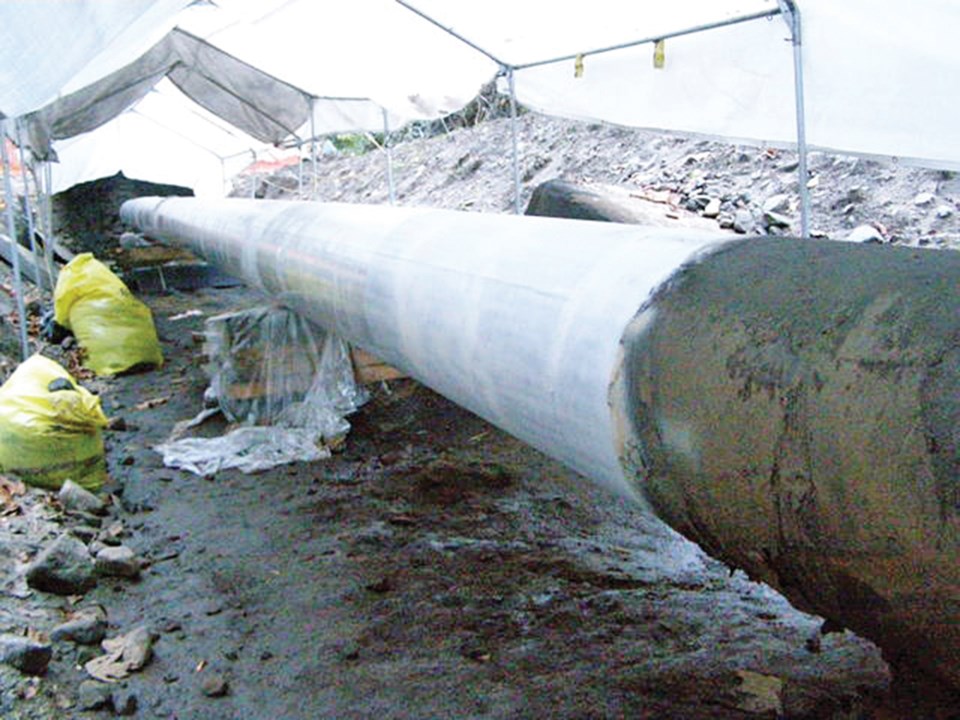A federal court of appeal decision to quash approval for the Enbridge pipeline could mean the City of Burnaby will have to file another court challenge against Kinder Morgan's expansion once the process moves further along.
Thursday’s ruling found the government of Canada failed to adequately consult with First Nations. According Greg McDade, a lawyer for the City of Burnaby, the decision has shed some light on an important legal question: At what step in the approval process does one challenge a pipeline decision? So far, Burnaby and other parties have been filing challenges over the NEB's recommendation, but that's not the final step.
“One of the decisions (today’s ruling) decided is you can’t bring a judicial review at this point. You have to wait for the Governor in Council’s decision,” he said. “What the court holds is that you can only file one, and that’s at the end of the process.”
On June 17, the City of Burnaby filed an application with the Federal Court of Appeal asking for a judicial review of the National Energy Board’s recommendation to approve the Kinder Morgan pipeline expansion. The City of Vancouver, the Tsleil-Waututh Nation and the Squamish Nation all filed similar applications challenging the NEB’s decision.
But the NEB doesn’t have the final say on the pipeline. That comes later, likely in December, from federal cabinet, expressed formally as a decision by the Governor in Council. So far, Vancouver, Burnaby and local First Nations have appealed at the NEB level, but they will likely need to challenge government's final decision if the Liberals chose to move ahead with Kinder Morgan.
Today’s Enbridge decision will likely be appealed at the Supreme Court of Canada, McDade said.
“We may have to wait to see what the next level says,” McDade said. “If this decision is right, and it may very well be, the City of Vancouver and all these First Nations still have a case, they just have to wait. … That was an open question in the law before. Nobody really knew.”
Burnaby Mayor Derek Corrigan was happy to hear the news but noted cities don’t have nearly the same clout as First Nations when it comes to legal challenges against pipelines.
“All of these decisions have to be made in light of the fact that First Nations have constitutional status, and the requirements (for) dealing with First Nations are much more onerous than dealing with cities. That irony is not lost on me that a city of a quarter of a million people doesn’t have the ability to get the attention of the courts as well as a First Nation…” he said. “It’s always the difficulty in our system of cities with the responsibilities we have being the low man on the totem pole.”
Corrigan said the courts have repeatedly rejected Burnaby’s attempts to uphold its bylaws, but if First Nations aren’t properly consulted, it can overturn an entire process.
“It’s really the ace up our sleeve, as cities can’t do much but first nation can and will,” he said.
When asked if the First Nations, Burnaby and Vancouver get together to coordinate their anti-pipeline efforts, Corrigan said their lawyers are all in touch with each other.



